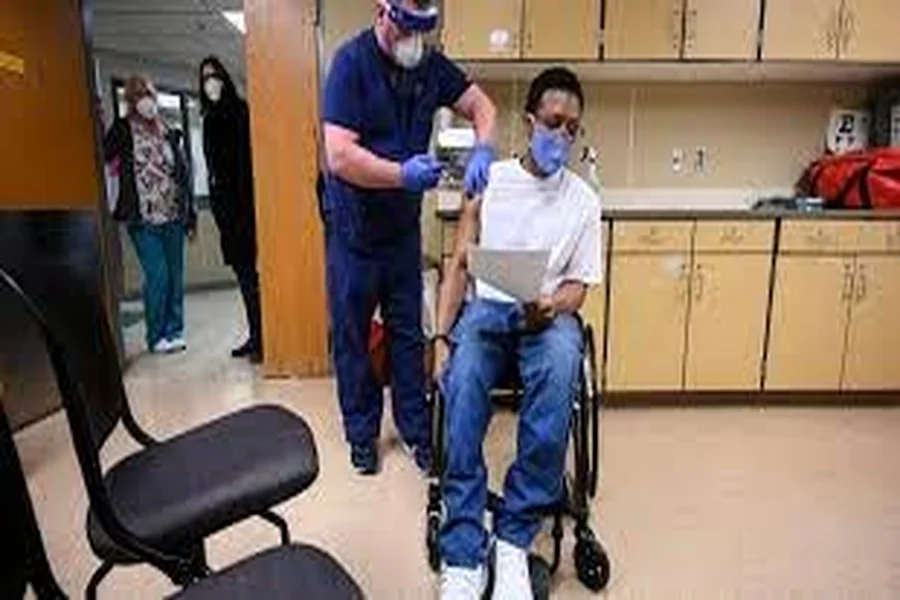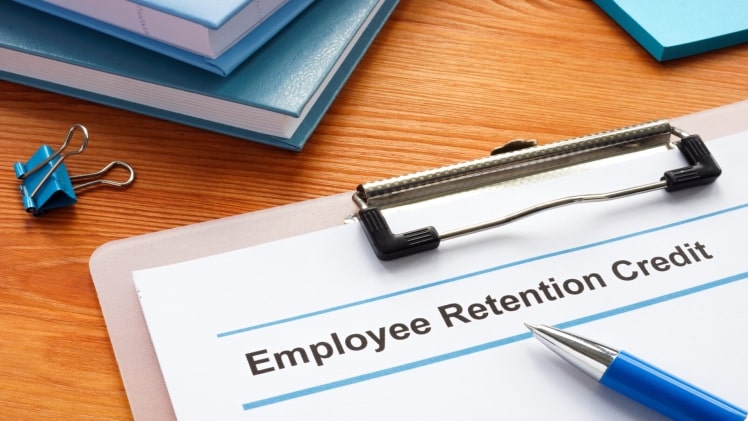Sexual assault in NYC prisons remains a pressing issue, leaving victims to navigate not only the trauma but also a complex legal system. For many, the path to justice feels overwhelming, especially within an environment where power dynamics often silence survivors.
Legal support plays a crucial role in empowering victims to seek accountability and regain their voice. From filing complaints to pursuing legal action, understanding the resources available can make all the difference. In NYC, advocacy groups and legal professionals are working tirelessly to ensure survivors receive the justice and support they deserve.
Understanding Inmate Rights Under Federal and NY Law
Inmates retain specific rights under both federal and New York State law, even while incarcerated. The U.S. Constitution’s Eighth Amendment prohibits cruel and unusual punishment, which includes protection from sexual assault. Federal law, such as the Prison Rape Elimination Act (PREA) of 2003, mandates prisons to take measures to prevent, detect, and respond to sexual violence. PREA also establishes standards for investigations and inmate safety.
New York Corrections Law ensures additional protections for prisoners. Section 137 explicitly states that inmates must not be subjected to abuse or mistreatment by prison staff or other inmates. State agencies are required to investigate claims of sexual assault, and correctional facilities must implement procedures to safeguard victims.
Victims of sexual abuse can seek legal remedies against perpetrators and institutions that failed to provide adequate protection. Engaging an NYC Prison Sexual Assault Lawyer helps survivors navigate complex legal avenues and seek justice effectively.
How Sexual Assault Is Handled in Correctional Facilities
Correctional facilities are required to address sexual assault under the Prison Rape Elimination Act (PREA). PREA establishes national standards to prevent, detect, and respond to sexual abuse in prisons. These include mandatory staff training, inmate education, and protocols for investigating claims. Facilities must report sexual abuse incidents and ensure thorough investigations.
Inmates subjected to sexual assault can file complaints through internal grievance systems or report directly to independent agencies. For example, the New York State Office of the Inspector General oversees prison complaints. However, survivors often encounter barriers, including retaliation, lack of confidentiality, and insufficient institutional accountability.
Medical and psychological support should be provided after an assault, as mandated by PREA. Facilities must ensure access to medical care, evidence preservation, and mental health resources to support trauma recovery. A legal professional, such as an NYC Prison Sexual Assault Lawyer, can help victims navigate institutional responses.
Correctional staff involvement complicates matters further. If staff are perpetrators, investigations may lack impartiality. Independent oversight by external organizations or legal advocates is essential to ensuring fair outcomes. Survivors can seek civil action against staff or the facility if it negligently fails to protect them.
Inmates retain constitutional protections while incarcerated, including the Eighth Amendment right against cruel and unusual punishment. When correctional facilities violate these rights, survivors can Tap here to explore how attorneys who specialize in such cases assist victims in holding facilities accountable.
The Legal Barriers Victims Face in Prison Systems
Victims of sexual assault within NYC prisons encounter systemic challenges that hinder their pursuit of justice. The internal grievance procedures often fail due to delays, mishandling of complaints, or coercion by staff. Survivors face retaliation, including threats, restricted privileges, or transfer to segregated housing, deterring them from reporting the abuse. Additionally, the lack of confidentiality in reporting mechanisms exposes victims to further harm.
Limited access to legal representation compounds these issues. Many inmates are unaware of their rights under the Prison Rape Elimination Act (PREA) or New York Corrections Law, leaving them without the knowledge needed to navigate their claims. Engaging an NYC Prison Sexual Assault Lawyer can help overcome these legal hurdles, as these professionals specialize in prison abuse cases and advocate for survivors’ rights. Readers can tap here to explore how attorneys support victims in holding perpetrators accountable.
External oversight frequently faces resistance from correctional institutions, hindering transparent investigations. Facilities often lack comprehensive measures to protect victims from ongoing abuse, even after initial reports. Without proper implementation of mandatory PREA standards, survivors remain vulnerable to institutional neglect and repeated violations. Legal advocates play a critical role in addressing such barriers and ensuring impartial accountability under the law.
Role of Prison Surveillance and Testimony in Legal Cases
Prison surveillance footage and inmate testimonies serve as critical evidence in sexual assault cases within NYC prisons. Surveillance systems record activities in common areas, offering objective data to support or refute claims of abuse. Footage can corroborate timelines, confirm the presence of involved parties, and highlight potential lapses in supervision. However, limitations arise when assaults occur in blind spots or poorly monitored areas.
Inmate testimony provides firsthand accounts of incidents, adding depth to investigations. Victims and witnesses offer unique perspectives on what transpired, especially in areas with limited surveillance. Nonetheless, intimidation, retaliation, and fear of repercussions often deter inmates from coming forward. The credibility of testimonies may also face challenges due to institutional biases against inmates.
When paired, surveillance data and testimonies strengthen legal cases, aiding NYC Prison Sexual Assault Lawyers in advocating for clients. Attorneys access this evidence to build compelling cases, holding facilities accountable for safeguarding inmates as mandated by the Prison Rape Elimination Act (PREA) and New York Corrections Law. This evidence underscores institutional responsibility, highlighting systemic failures in protecting vulnerable populations.
Fuchsberg Law’s Experience in Institutional Assault Litigation
Fuchsberg Law has extensive experience representing survivors of institutional sexual assault, including those occurring in NYC prisons. Their legal team specializes in handling complex cases involving systemic negligence and misconduct within correctional facilities. By leveraging decades of expertise, they ensure survivors’ voices are amplified in a challenging legal environment.
Their work often includes pursuing claims under the Prison Rape Elimination Act (PREA) and New York Corrections Law. They hold institutions accountable for failing to protect individuals from abuse by identifying lapses in training, supervision, and reporting procedures. Through thorough investigation and legal strategy, Fuchsberg Law helps clients seek compensation and systemic reform.
The firm emphasizes the use of compelling evidence such as surveillance footage, medical records, and inmate testimonies to build strong cases. Combined with their understanding of the barriers victims face, including retaliation and limited access to resources, they effectively navigate the legal system to protect survivors’ rights. Survivors seeking justice can rely on Fuchsberg Law’s expertise to address the failures of negligent institutions.
Support Resources for Survivors During and After Trials
Survivors of sexual assault in NYC prisons benefit from resources that address their emotional, legal, and personal needs during and after trials. Support organizations and legal aid agencies in NYC provide counseling, legal representation, and assistance with court proceedings. These resources help survivors navigate the judicial process while maintaining their safety and dignity.
Legal Advocacy: NYC Prison Sexual Assault Lawyers assist survivors by guiding them through the legal system and ensuring accountability for perpetrators and negligent institutions. They help with filing lawsuits, securing evidence, and representing victims in court.
Counseling Services: Licensed therapists and counselors offer support to survivors dealing with trauma. Organizations such as Safe Horizon provide therapy sessions, coping strategies, and group counseling to help survivors recover emotionally.
Case Management: Nonprofits and advocacy groups connect survivors with essential resources, including housing support and reentry programs for inmates. They also assist in coordinating medical care and legal appointments.
Courtroom Preparation: Legal aid services educate survivors about trial procedures, ensuring they feel prepared to testify and advocate for their rights. They also help minimize retraumatization by addressing concerns with court protocols.
Post-Trial Support: Survivors have access to ongoing counseling and legal support even after their trial concludes. This includes assistance with appeals, civil lawsuits, and accessing compensatory damages. Legal advocates help survivors enforce court decisions and protect their rights under laws such as the Prison Rape Elimination Act (PREA).
Survivors can tap here to explore the role of NYC Prison Sexual Assault Lawyers. They provide an essential resource for survivors seeking justice and long-term support in complex legal cases. Comprehensive assistance ensures the survivor’s well-being remains a priority throughout and after the legal process.
Legal Remedies: Compensation, Accountability, and Reform
Addressing sexual assault in NYC prisons requires a multifaceted approach that prioritizes survivor support, legal accountability, and systemic reform. Legal professionals and advocacy groups play a crucial role in ensuring victims can access justice while holding institutions and perpetrators accountable for their actions.
Through legal remedies, survivors can seek compensation for the harm they’ve endured and push for changes that prevent future abuse. These efforts not only empower individuals but also drive critical reforms within the prison system, fostering a safer environment for all inmates.
By leveraging the expertise of specialized legal teams and utilizing available resources, survivors have a path to justice that acknowledges their experiences and demands accountability from those responsible.





